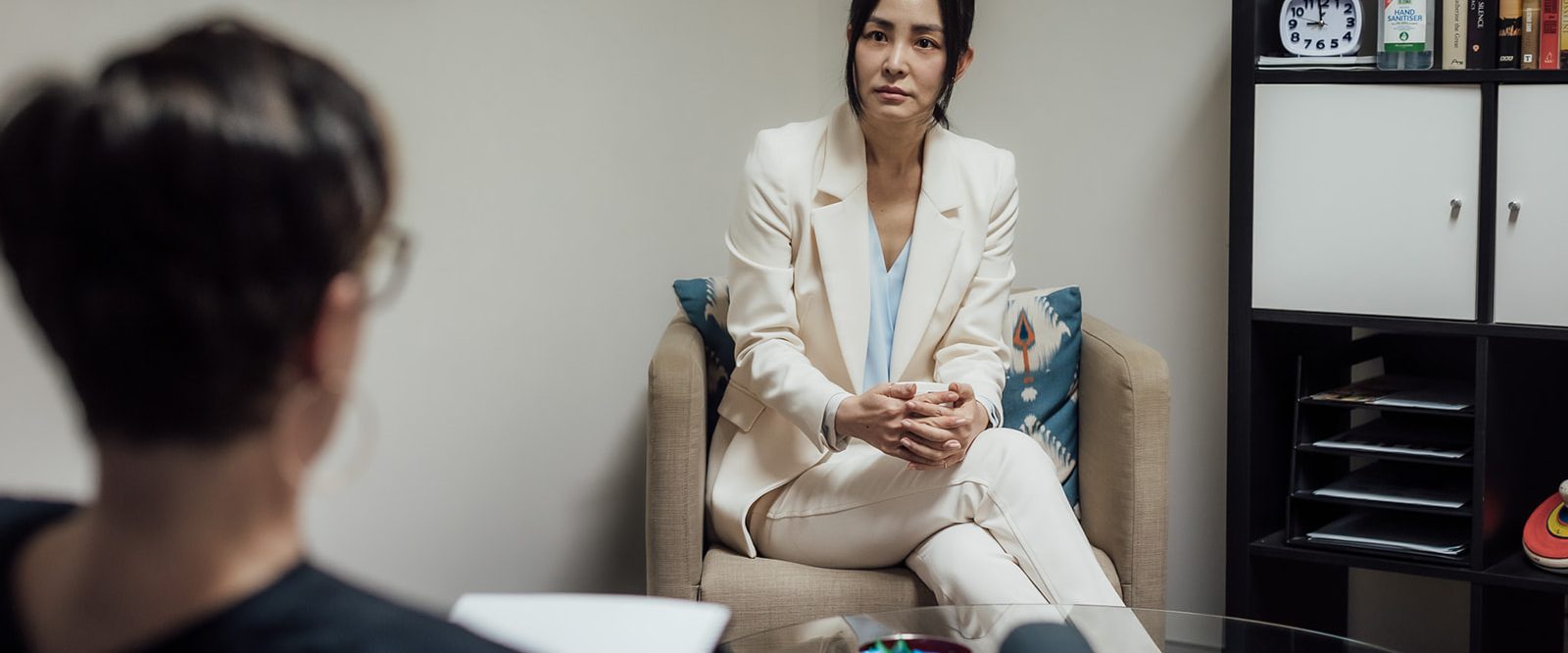Many men will do everything they can to manage difficulties on their own. Not only because of the barriers to disclosure, but due to the expectation that as a man, he should be strong, independent, self-reliant, and be able cope with difficulties that come his way. Some also believe it is better not to burden others. This can leave loved ones feeling distressed, locked out and helpless, unsure what to do.
Express concern and support: Become informed. It can be useful to let him know of your concerns and to enquire whether you can assist directly or by linking him in with appropriate support. Recognise that while he may not take up the offer of support immediately, it is still useful to find out about resources and support options, so that you have information at hand when he is ready.
Don’t lose sight of his resourcefulness and resilience. In seeking to support him, don’t lose sight of the fact that he has already found ways to manage the effects of the abuse throughout his life and that he possesses considerable resourcefulness and resilience. In addressing difficulties, it is useful therefore to acknowledge and build upon his strengths, knowledge and skills.
Learn together along the way. There is no set road map to recovery. A person may not always be able to identify what they need or what is most useful. Partners, friend, family members are not responsible for finding a solution, healing or soaking up pain and distress. People appreciate someone walking alongside them, being there, and learning together along to way.
Foreground choice and expand options. An experience of abuse involves a taking away of choice and control from the child. In seeking to assist him and support his recovery, ideally a focus is on enhancing his sense of control and expanding options to make informed choices.
Empathy and compassion benefit survivors and supporters. Empathy and compassion build connection, provide recognition and acknowledgement of our shared humanity and life struggles that can sustain us at the most desperate of times. (Different from expressions of pity which can make us feel disconnected and less of a person).
We all benefit from expressions of empathy and compassion. Compassion and self-compassion in particular, act as a counter to blame and self blame, judgement and self-judgement that can so negatively impact our lives.
It’s good to link in with GP. In looking to support and enhance his wellbeing, linking him in with a GP or health professional is a good thing to do. A GP can provide general health advice and support and is often a gateway to accessing more specialised support.
Being a role model can work for him and you. We cannot force someone to get help or change. One of the most powerful influences and supporters of change, is to have someone walk alongside you, pro-actively addressing difficulties, modelling healthy routines and help seeking.
Prioritise your well-being, gathering information and resources and connecting with appropriate support is not only a good thing for him to see, but for you. We encourage you to check out our Wellbeing pages.


